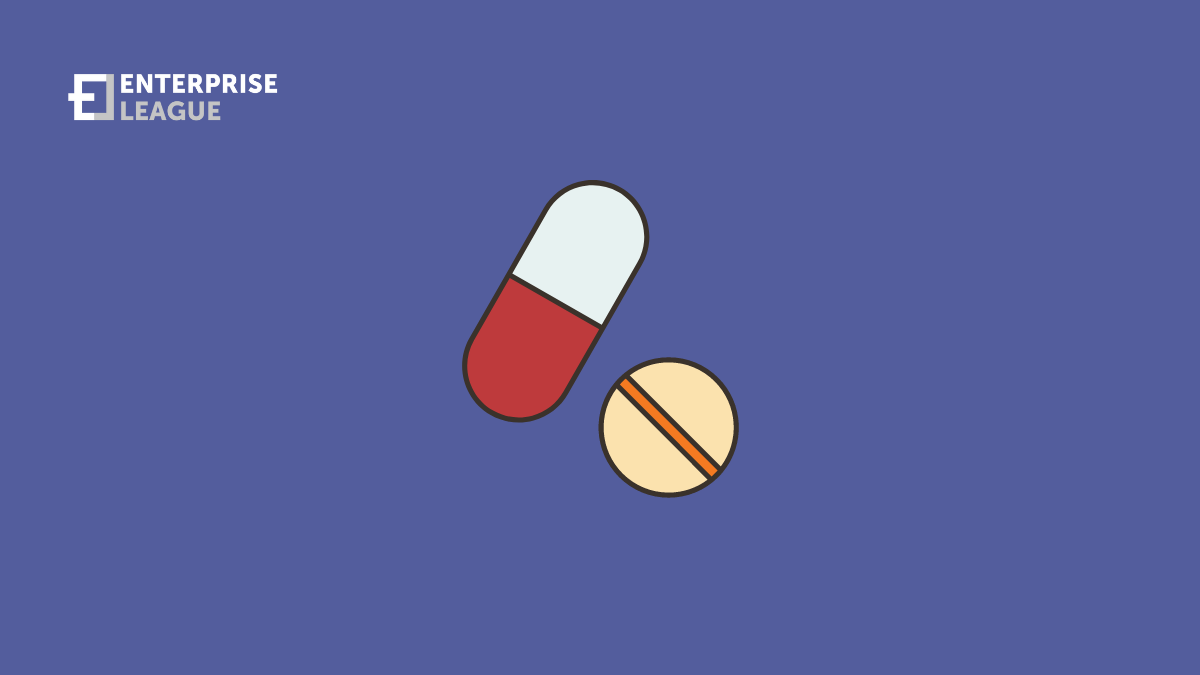Millions of organizations worldwide are looking for ways to identify substance abuse in the workplace. After all, drug addicts are a threat to themselves, their coworkers, and the general public.
But, workplace drug abuse has several other negative consequences as well.
According to the data released by the National Council on Alcoholism and Drug Dependence (NCADD), workplace drug abuse costs employers in the United States close to $81 Billion per year.
Most drug addicts are employed. Be it a trucking company, a law firm, a home service business, or even a hospital – some workers abuse illicit substances or prescription drugs in nearly every organization.
Suppose you are an employer or someone who looks after the HR operations of a business organization. In that case, you need to know how to identify signs of substance abuse in the workplace and validate your suspicion with a drug test, if necessary. Here in this post, we will discuss the top six ways you can detect drug abuse in the workplace:
Pay attention to absenteeism rates
People who abuse drugs are often too jittery, tired, or sleepy to go to work daily. Such people call in sick more often than others.
If you notice that some employees routinely disappear from the worksite without any reason or are found missing from their seats for long periods, they may be using alcohol or drugs while on the job.
Workers who abuse drugs are also among frequent latecomers. You may have noticed that some people, who spend their weekends partying, are late to work on Monday.
High absenteeism rates may be due to substance abuse in the workplace.
Don’t ignore frequent incidences of theft
It’s unfortunate, but many drug addicts resort to stealing to pay off their debts. Professionals with drug problems are nearly always short on money. The most common examples of workplace theft include:
- Physical cash gets stolen
- Equipment or raw material gets stolen
- The worker claims that he has lost a company smartphone or laptop
- Merchandise in a warehouse or on sales floors goes missing
- Workers with access to signature stamps write company checks or make electronic payments to themselves
- The worker steals company funds but hides them as payments to vendors
- The worker overbills customers after a service visit and keeps the extra money
- Workers handling telephonic orders may use a customer’s credit card information to make personal purchases online
- The worker falsifies overtime, business expenses, etc.
When you notice frequent incidences of theft in the workplace, be sure to investigate further if some of your workers use drugs while on the job or during off-hours.
Find out why some workers are always ill
Many people who abuse illegal drugs or prescription medication have sniffing nose or red and runny eyes while on the job. Such signs may not be due to allergies.
An employee complaining of frequent colds or migraine headaches may actually be concealing drug withdrawal.
Similarly, other frequent illnesses may be due to a weak immune system – a characteristic of chronic drug addicts.
Why are your workers getting injured too often?
Workers who routinely use large equipment with moving parts or operate heavy machinery in the workplace are nearly always at the risk of accidents while on the job. But, operating such machinery or equipment while high on drugs, significantly increases their risk of injuring themselves, and others.
A lack of focus, poor decision making, or a momentary lapse of judgment when under the influence of drugs can easily result in workplace accidents.
This is why the Department of Transport requires employers to test their employees for alcohol and drug abuse in the workplace. Many employers conduct post-accident drug testing to ascertain if employees involved in an accident were under the influence of alcohol or drugs.
Not just serious workplace accidents, employers or supervisors should also keep an eye on the incidences of minor yet mysterious injuries. People showing up at work with strange bruises, cuts on the arms, and other signs of mysterious injuries may indicate active drug use.
Poor job performance
Drug addicts often find it hard to focus on the job at hand. Workers under the influence of drugs can make too many mistakes or simply fail to do complex tasks.
Productivity loss and increased healthcare costs due to workplace drug abuse cost US employers close to $25 Billion per year.
If some workers have consistently poor job performance despite having adequate job skills, be sure to investigate if they are under stress, unwell, or using drugs.
Poor relationships
Frequent mood swings can make some people high on drugs quarrelsome. Frequent arguments with coworkers, supervisors, and even customers, or inability to get along, may at times be due to drug abuse.
How to find out who is using drugs in the workplace?
Organizations can train HR managers and/or supervisors in identifying the potential signs of drug abuse in the workplace. But, mere knowledge of drug abuse in the workplace isn’t helpful. Employers need to develop and implement a drug-free workplace policy to:
- Identify drug addicts in the workforce
- Communicate the consequences that would follow if someone tests positive for drug use
- Discourage drug abuse in the workplace
- Provide support to workers who want to fight dependence on drugs
Random drug testing, periodic drug testing, and suspicion-based drug testing are among the most common methods used by employers worldwide to identify workers who abuse various illicit substances and prescription medications.
Random drug testing is conducted on an entirely ‘random’ set of workers to discourage drug abuse in the workplace. Periodic drug testing involves screening employees once or twice each year. Suspicion-based drug tests are administered when an employee’s behavior, job performance, relationships at work, and physical appearance point towards possible substance abuse.
The laws governing workplace drug testing vary across countries and states. So, it is a good idea to check with an experienced employment attorney before enforcing a new drug screening policy.
More must-read stories from Enterprise League:
- The ultimate step to independence: Owning your business
- Do you have a hobby? Do you want to turn it into a business? Here is how.
- Profitable and funny business idea that you can start today.
- All the reasons why we should support local businesses and shop local.
Related Articles
10 business tips for beginners to help you build a healthy brand
Starting a business can be quite the challenge especially if you’re all new to entrepreneurship. These business tips for beginners will help you set off on the right foot.
SEO writing: Five foolproof tips to secure you the first page
When it comes to SEO writing it’s more guessing and less evidence about what works and what doesn’t. Luckily, we know what can really help you reach the first page.
How to onboard a new employee: Tips for quick integration
Your guide to smoother employee onboarding where you will find practical strategies that help new hires feel welcome and become productive team members faster.
10 business tips for beginners to help you build a healthy brand
Starting a business can be quite the challenge especially if you’re all new to entrepreneurship. These business tips for beginners will help you set off on the right foot.
SEO writing: Five foolproof tips to secure you the first page
When it comes to SEO writing it’s more guessing and less evidence about what works and what doesn’t. Luckily, we know what can really help you reach the first page.






